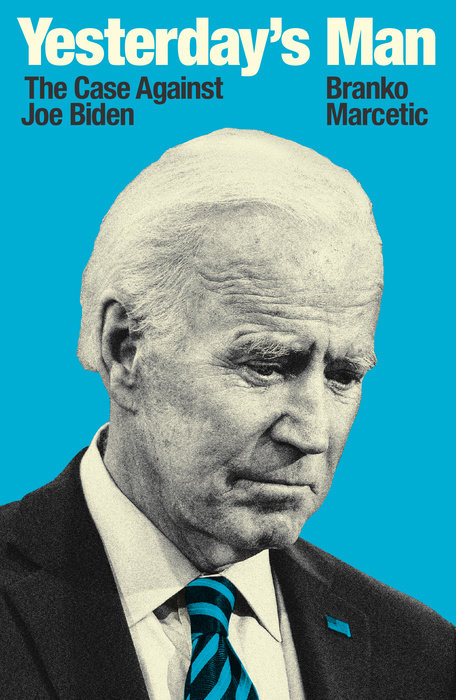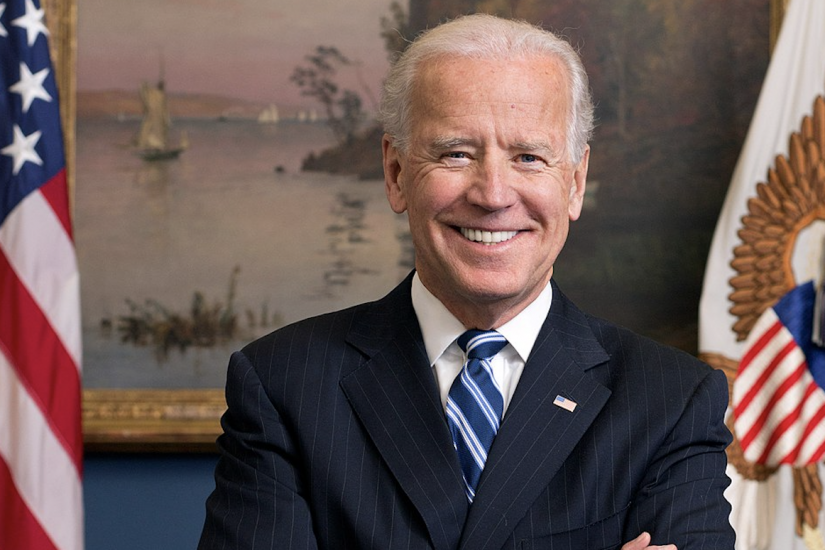Looking back in 1981, Biden said he had been persuaded to evolve by his fellow lawmakers.
“I have been made a believer over the last nine years in the Senate,” he said. The teachings of economists, he continued, had made him reluctant to listen to his Republican colleagues about the dangers of deficit spending, particularly when he was just an impressionable 29-year-old “not too long out of college.” But eventually, he was worn down. “As I listened over the years in this body, I became more and more a believer in balanced budgets,” he said.
Following what he termed an “olive branch” from Reagan — a spending freeze that also raised taxes — he linked arms with two Republican colleagues on the Senate Budget Committee to introduce his own freeze proposal in 1984. Acknowledging it would be labeled “draconian” (“I don’t know how to do anything else than bring it to a screeching, screeching halt,” he said), Biden’s plan cut $239 billion from the deficit over three years, almost $100 billion more than even Reagan’s proposal, and proposed doing it partly by eliminating scheduled increases for Social Security and Medicare beneficiaries. It would, he said, “shock the living devil out of everyone in the US Senate.”
Biden indulged in doomsday predictions to sell the measure, warning that letting deficits go untamed would “allow the economy to come crashing down” and lead to “an economic and political crisis of extraordinary proportions” within twelve to eighteen months. As bemused commentators would note decades later, it was all straight from the playbook of Tea Party darling Paul Ryan, the Ayn Rand-worshiping congressman from Wisconsin who was bent on taking a meat cleaver to Medicare and Social Security. When Biden ran directly against Ryan for vice president in 2012, he warned voters Ryan was a threat to their hard-earned entitlements.
Though the freeze failed, it was only the beginning. Biden’s ongoing distaste for a balanced budget amendment to the Constitution didn’t stop him from introducing a similar amendment in 1984, this one tying spending to the growth of gross national product and inflation, which he referred to as a “pay-as-you-go” measure. Calling it a “much more realistic approach,” he proudly boasted that he had “literally plagiarized” it from Pete du Pont, a Republican. Later that year, Biden backed the line-item veto — an anti-spending measure cherished by Reagan and the conservative movement — and another budget measure, this one successful, requiring Congress to vote on freezing the budget for one year before it could raise the debt ceiling. His campaign then ran radio ads claiming that “cutting the deficit is more important than party differences.”
Biden’s antipathy to government spending and deficits found its most radical expression in the form of the balanced budget constitutional amendment, which he had viewed as laughable and dangerous in previous decades. But with the advent of the 1990s, he now warmed up to it.

